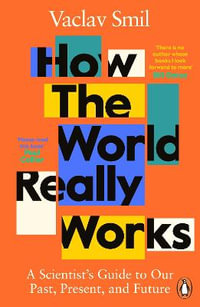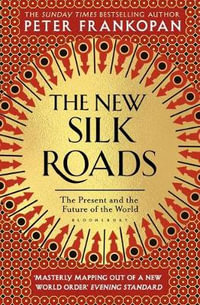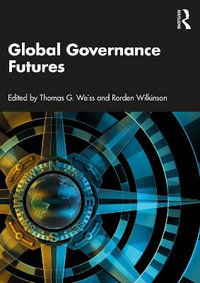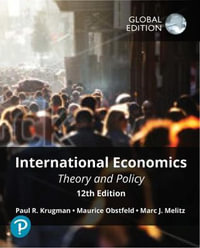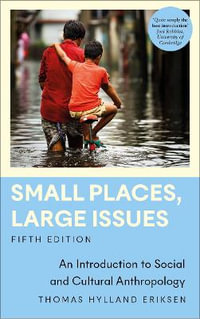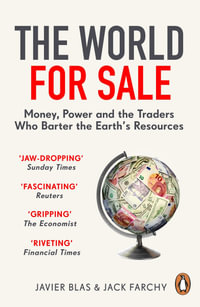This collection of essays provides a picture of the dynamic and often ironic operation of globalisation in Asia today. It explores the nature of the region's increasingly international role in the world economy, and the resultant effect that this has had on culture, politics and religion.
Industry Reviews
"'For anyone seeking a diverse range of perspectives on globalisation in the Asia-Pacific region, this collection of highly readable essays is a good place to start. Focusing on individual countries, the chapters examine the specific modalities of global integration and the responses of different sections of society in each country. The authors address questions of major importance for democratic societies, such as: the connection between globalisation and the rise of religious extremism; whether globalisation is in reality a new form of imperial preference; who the winners and losers are. These are complemented by three short case studies dealing with Indonesia's unrealised potential, foreign investment in China and patterns in the movement of people between Hong Kong and the mainland. The essays provide a rich source of thought-provoking analysis of the complex cultural and political responses arising from both opportunities provided by globalisation and its more negative impacts.' - Melanie Beresford, Macquarie University, Australia 'Globalization in the Asian Region draws confident ragged lines across disciplines, themes and the conventional boundaries of scholarship. The range of material in the anthology is astounding. The diversity and admixture of political positions and approaches is confronting. Contemporary Asia is thus mapped without overgeneralizing a homogenous whole.' - Paul James, RMIT University, Australia 'This collection of thoughtful essays provides a reliable picture of the dynamic and often ironic operation of globalization in Asia today and challenges individuals to believe that as communities we have a choice in how we respond and contribute to globalization. The editors highlight the multifaceted nature of globalization and bring to the fore its supraterritoriality. A dozen detailed studies make good on these claims from analyses of American militancy since 9-11, terrorism, and poverty, to case studies on Malaysia, Indonesia, India, Australia, New Zealand, Japan, and China. These essays make clear the interactive nature of globalization as various economic, cultural, and political forces pour into Asian societies while the impact of their responses from exports to currency fluctuations to migration flows to transnational religious movements in turn reshape the selfsame globalization process.' - Timothy Cheek, University of British Columbia, Canada"


